The majority of Catholic colleges and universities are failing to pass on the Faith. What can be done?
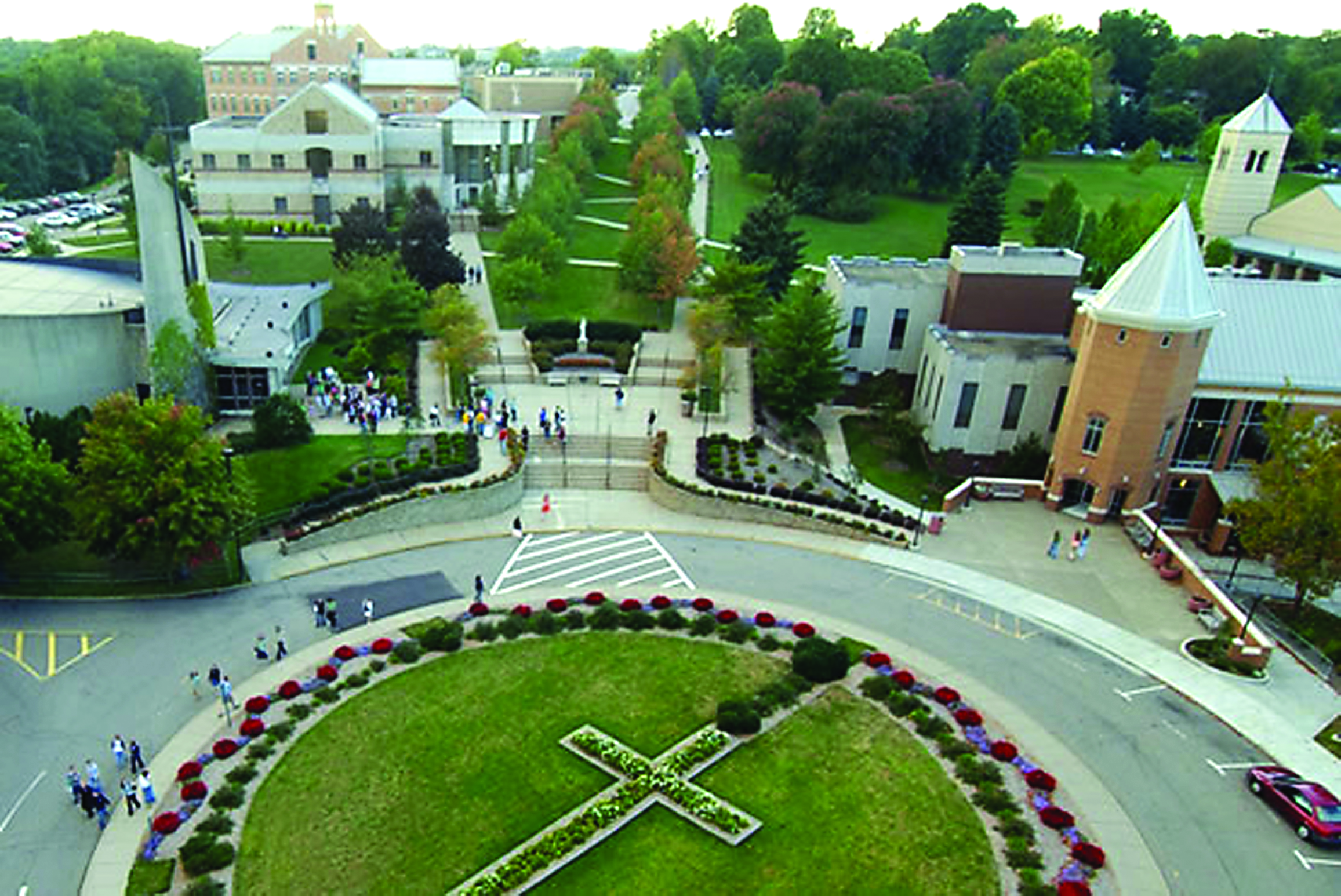
An overview of Franciscan University in Steubenville,Ohio.
In a 2016 article, Adam Wilson of the Cardinal Newman Society wrote: “An in-depth study a few years ago found that at least one in 12 students at a Catholic college leaves faith by graduation. Moreover, students are more likely to move away from Church teaching than towards it on the issues of abortion and same-sex marriage. Mass attendance drops for about one-third of students who attend a Catholic college. Over the years, we have heard from many heartbroken parents with kids who lost their faith after attending a Catholic college— usually at a great financial expense to their family. Lest parents think that secular education is a better option, know that the stats are worse for students who attend state or private secular institutions. Not so long ago, these could be viewed as at least neutral with regard to matters of faith. Today that is no longer the case in many classrooms, and campus life is often a terrible test of a student’s moral fiber — even for the most virtuous men and women.”
The situation has not improved since then. Headlines lately have trumpeted the news: young people are leaving organized religion of every variety in droves, and those on most Catholic campuses are no exception.
A copious body of literature analyzes the causes of our youth’s disaffection with the faith, and the practice of that faith, that parents and grandparents always took for granted. But the more pressing question is, what are we to do about it?
Thankfully, there are many answers; among them are those proposed by a number of Catholic colleges and universities themselves, and the men and women who have founded, and support, teach in and lead these schools. Beginning with this edition, Inside the Vatican joins this vital conversation with a new section about the meaning of authentic Catholic education, its establishment and/or renewal, and how our college students can not only hang onto their faith but take it out into the wider world and transform that world for Christ.
Following Newman, the Focus of Catholic Education Should Be Transforming the World
By. Fr. Dave Pivonka, TOR
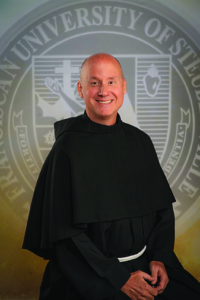 An ocean and more than 150 years separate St. John Henry Newman’s Idea of a University from my university, Franciscan University of Steubenville. Yet, despite the differences in time and culture, I believe the heart of Franciscan University remains close to the heart of Newman’s “idea.”
An ocean and more than 150 years separate St. John Henry Newman’s Idea of a University from my university, Franciscan University of Steubenville. Yet, despite the differences in time and culture, I believe the heart of Franciscan University remains close to the heart of Newman’s “idea.”
Like Newman, we believe a liberal education has timeless value for all, including future scientists, engineers, and businessmen. This is because it has the potential to form a person’s mind, character, and judgment, helping produce men and women who, as Newman wrote, are “[fit] for the world.” With that in mind, Franciscan University implemented a more rigorous core curriculum six years ago, ensuring that all our students, regardless of major, are rooted in the liberal arts tradition.
Also, like Newman, we prioritize the study of theology at Franciscan. We believe, as Newman did, that “religious truth is not only a portion but a condition of general knowledge.” Accordingly, while other Catholic colleges and universities are eliminating their theology majors and departments, Franciscan’s remains strong. With more than 400 undergraduate theology and catechetics majors and 560 students in our graduate theology and catechetics programs, our theology program is the largest of any Catholic university in the United States, and its influence spills over into all our other programs, enriching the conversations in every subject from biology to psychology.
Equally important, our theology faculty, to the person, demonstrates the fidelity to Church teaching called for by Newman. They believe what the Church believes, and they teach what the Church teaches. Every theology professor not only pledges an Oath of Fidelity at the start of their tenure, but also has secured the mandatum from our local bishop.
Additionally, again like Newman, we believe that true learning happens best when it takes place in a community of witnesses. As he noted in Historical Sketches, “An academical system without the personal influence of teachers upon pupils, is an arctic winter; it will create an ice-bound, petrified, cast-iron University, and nothing else.”
At Franciscan, our professors share our students’ faith. They are men and women of character and integrity. And their primary focus is the students. We don’t have graduate assistants teach classes while professors remain in their offices, conducting their own research. Our professors are in the classroom with students, handing on knowledge to them and building relationships with them. That relationship-building continues outside the classroom, with the majority of our professors and their families participating in the life of the University and bearing witness to our students through both words and actions.
More than anything else, though, what joins Franciscan University to Newman’s Idea of a University is our focus on formation. Education matters. Formation matters more. This is because formation determines what people do with their education. Simply possessing knowledge isn’t enough. People also must possess good judgment and a good character. They need to know how to discern truth from lies, and they must desire to choose right over wrong.
Now, more than ever, the world needs Catholic men and women capable of doing that. It needs men and women who, to use Newman’s analogy, can swim in the waters of the culture without being overcome by those waters. And the only way they can become capable of swimming in those waters is if we prepare them to do so. As Newman said, “It is not the way to learn to swim in troubled waters, never to have gone into them.”
I want all of Franciscan’s students to become saints. But I want even more from them. I want them to help other people become saints, as well. I want our students to take the formation we give them and hand it on to others. Franciscan University doesn’t exist to teach our students to hide from the world. We exist to prepare our students to transform the world. This is part of our Franciscan charism. And it requires engagement. It requires understanding the way the world thinks, knowing the lies it tells, and being able to counter those lies with truth and love.
Newman’s blueprint is part of what makes this mission possible. By combining a rich and broad liberal education with faithful theological formation, a vibrant community of witnesses, and the power of the Holy Spirit, Franciscan University strives to bear the fruit that our Church and culture need it to bear.
That mission may be beyond the scope of the mission Newman envisioned for his university. But it doesn’t run counter to it. It builds on it. It expands it. It recognizes how the world has changed since Newman first penned his discourses on higher education and applies his insights to educating Catholic men and women called to live in the world today.
Newman’s wisdom is perennial. His prayers are even more so. As the Church celebrates his canonization, Franciscan University invokes those prayers for our work and our students. St. John Henry Newman, pray for us.
Father Dave Pivonka, TOR, an alumnus of Franciscan University of Steubenville, became Franciscan University’s seventh president on May 21, 2019.

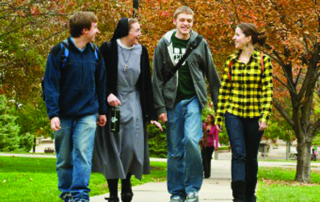
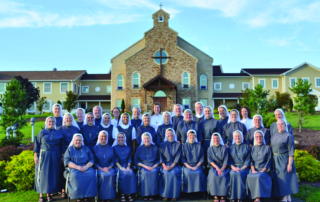
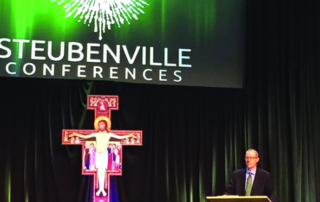
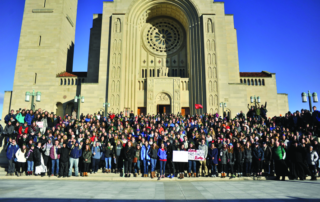

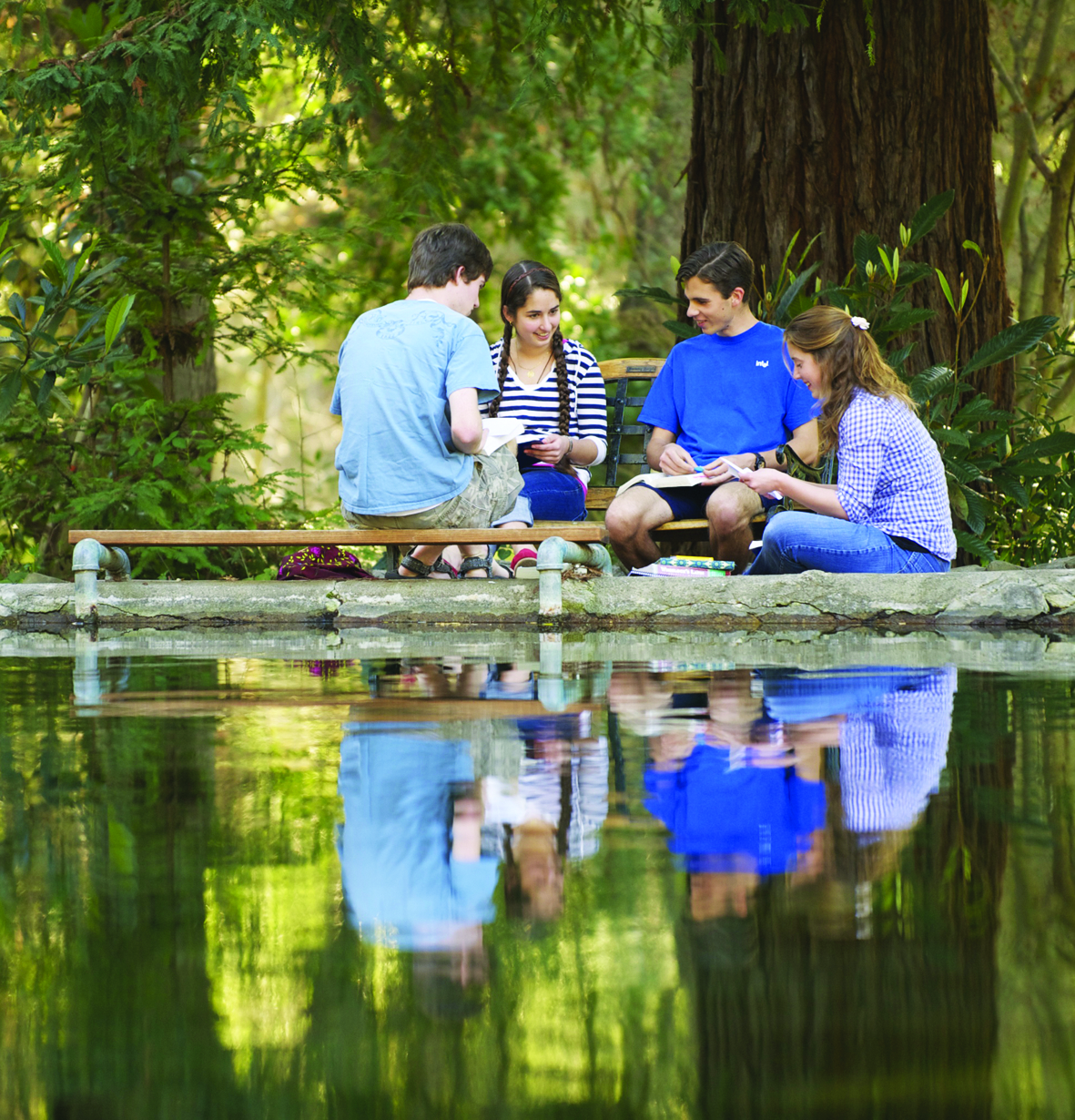

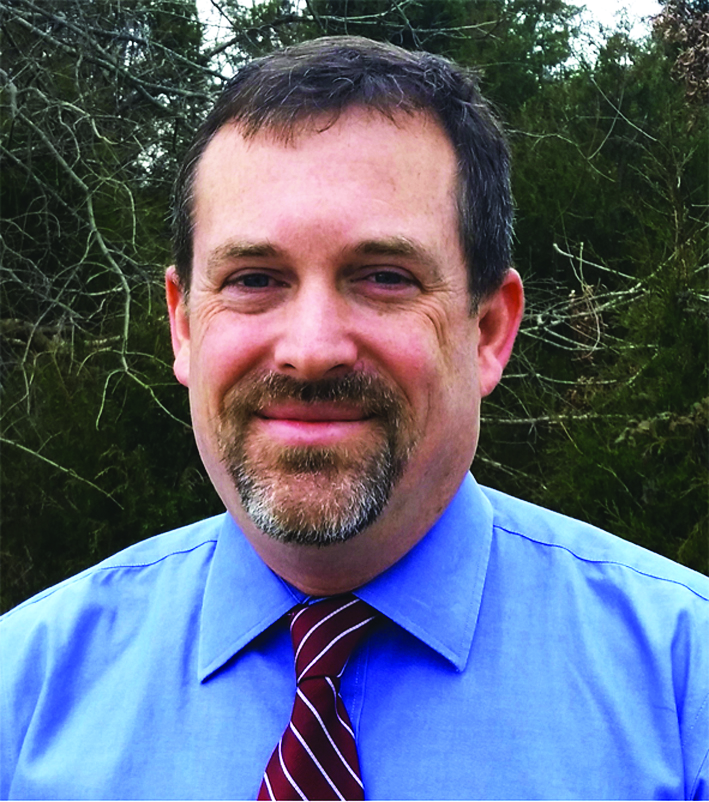
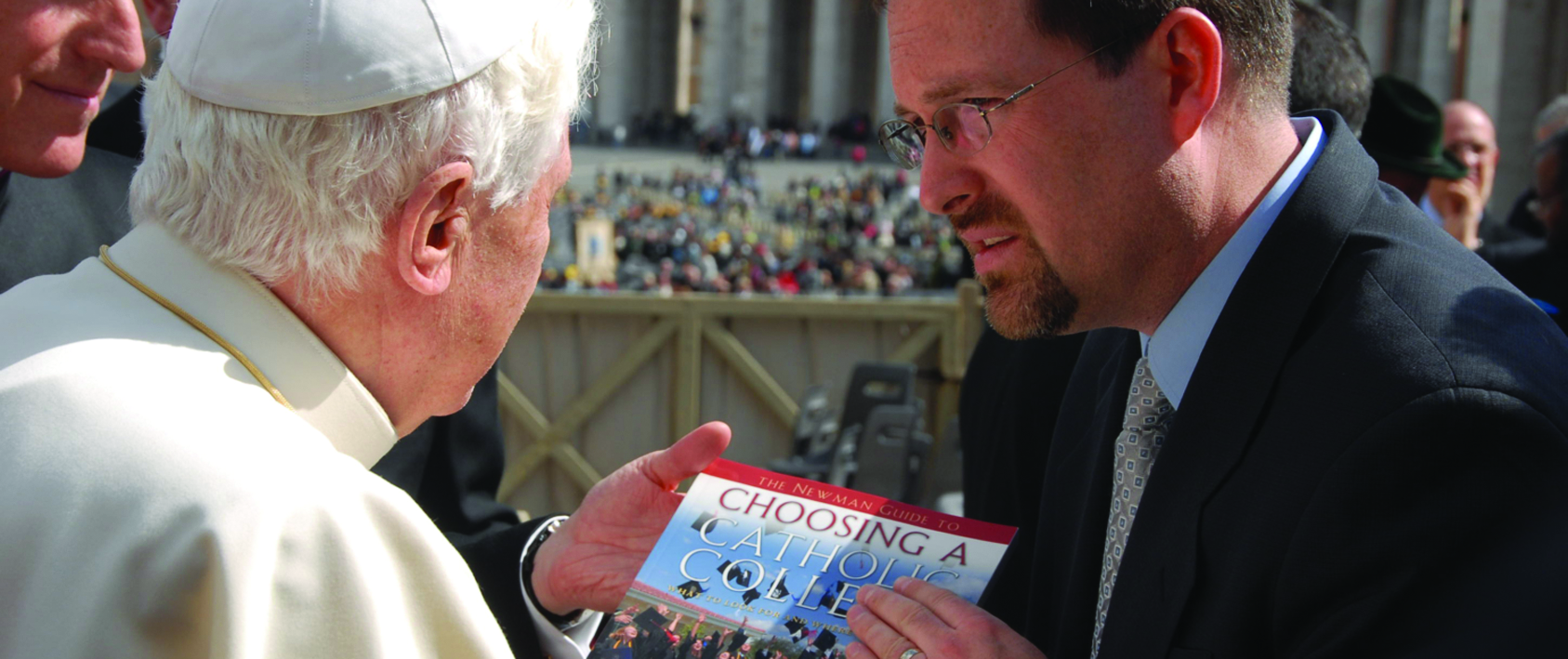
Facebook Comments